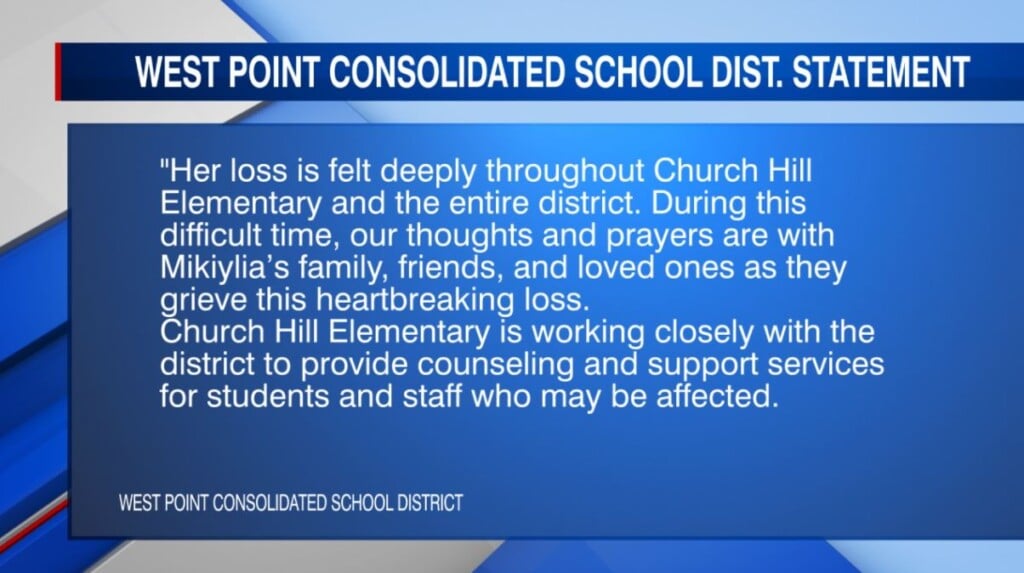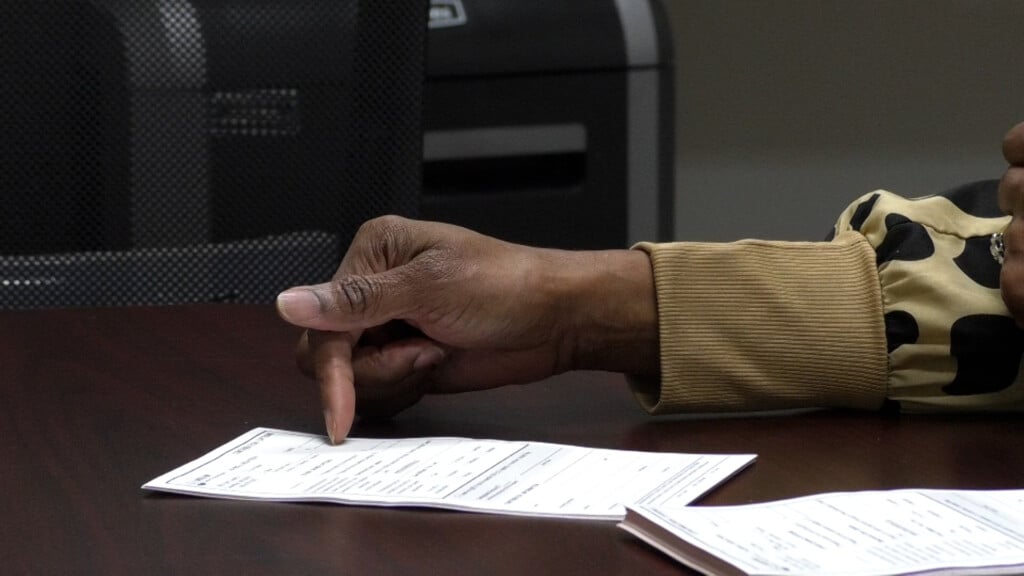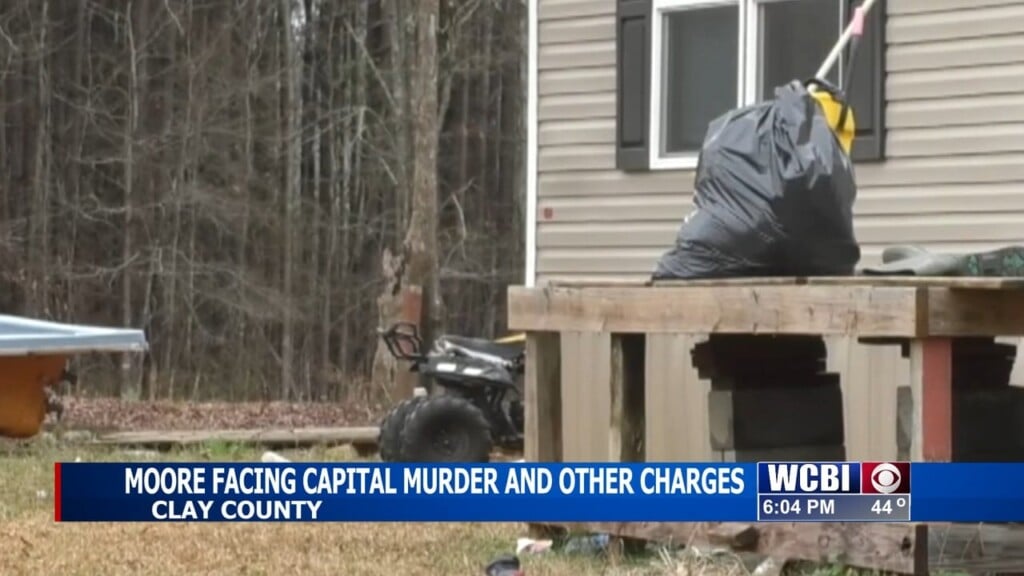Fight Crime: Invest in Kids
MISSISSIPPI (WCBI) – Mississippi is leading most of the nation in an education statistic.
The state is ranked second in the number of students either suspended or expelled from school.
Now, law enforcement and some educators are teaming up to reverse that trend.
The program based out of Washington D.C. is called Fight Crime: Invest in Kids, and the goal is self explanatory.
Investing time in these students, instead of sending them away.
“We know that a child that’s suspended or expelled is more likely to come in contact with law enforcement,” said Mississippi Project Director, Juan Cloy.
For the Mississippi chapter of Fight Crime: Invest in Kids, Cloy isn’t the only one who sees this, as statistics show Mississippi suspends or expels more than double the national average of students.
Those actions can have a long term effect on a child’s future.
A 2013 Johns Hopkins study shows nearly 49% of students who entered high school with three or more suspensions eventually drop out.
“What I’ve noticed is a direct correlation between children who drop out of school and adults in the criminal justice system,” said Natchez Police Chief, Walter Armstrong.
“We’ve seen it for many many years between kids who drop out of school and crimes they committed even later on in life. So it could be a life-changing event to drop out of school,” said Biloxi Police Chief, John Miller.
“Most of the people who we arrest for various crimes, property crimes, violent crimes, are the very ones who dropped out of school for whatever reason,” continued Armstrong.
Many police chiefs state school rules are a “one size fits all” system and that some students fall victim to suspension for something that may not have been their fault.
“…so now instead of getting an education, they’re at home or perhaps in a lot of cases they’re out in the streets,” said Armstrong.
“That each individual incident be looked at on its own merit and determine at that point if there’s something else that can be done with this particular child,” said Miller.
According the Cloy, there are already alternative solutions in place.
“You have several programs that are evidence-based. You have Restorative Justice, and you have PBIS. And this deals with reconciliation, so to speak, and good behavior. Instead of recognizing bad behavior, we recognize good behavior,” said Cloy.
The catch is these programs are approved on a district-to-district basis.
Schools switching to these methods can help Fight Crime: Invest in Kids accomplish their goal.
“…in helping us say to school districts to keep these kids in school, as opposed to suspending or expelling them,” said Cloy.




Leave a Reply